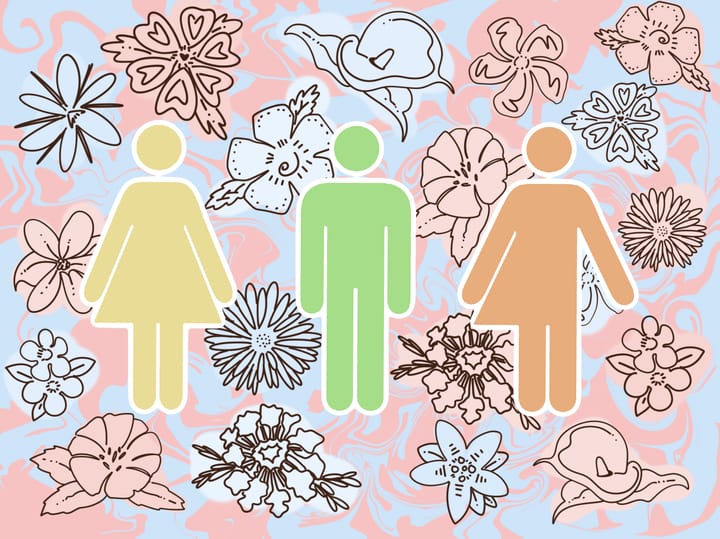The inevitability of immortality presents an opportunity to live better
NOAH LANGLEY
nclangley17@ole.augie.edu
Death is inherently irrational.
It strikes without warning, cause or reason, and everyone struggles with it.
The finality of death is the one absolute in life, and despite the grief death brings, it is necessary to bring life meaning. The grief that encompasses people when their loved ones die is evidence of the love their relationship was founded on.
People crave love.
It doesn’t matter whether love is defined as an attachment in the psychological sense or love through a belief in an omnibenevolent God, or through interactions with others. Love is necessary to buoy humans up and instill them with meaning.
A world without death is an unnatural one, for death is the catalyst that allows humans to search for love. The knowledge that everything will end puts humanity on a timer and forces humans to act with a purpose.
Without the presence of death, humans would stagnate in their immortality. Humans could indefinitely postpone action, and humans would lack the incentive to seek fulfillment in one another. The brevity of our lives instead encourages humanity to live life to the utmost.
Humans must acknowledge their mortality. But this doesn’t mean humans should accept death.
Humans must rail against death and the senseless pain it brings. Humans should never accept something like ALS or the ongoing genocide and displacement of the Rohingya in Myanmar as part of a divine or cosmic, universal plans.
Humanity’s shared, finite existence reveals to all people the weight of grief that people suffer. Everyone has or will experience death. Everyone will experience loss. Everyone has suffered in one way or another.
Humans are bound together by the transcendent nature of suffering. This knowledge that everyone experiences their own individual losses and has a unique paradigm through which they view life calls everyone to live to a higher standard of being.
Everyone must live in service to one another, spreading and fostering an environment founded on love.
Transcendentalists like Ralph Waldo Emerson, psychologists like John Bowlby and Mary Ainsworth and ancient Greek ruminations over love and its forms emphasize the importance of love, the security it brings and an understanding of the transcendence of the human condition.
People will die, but this knowledge causes the beauty of life to radiate outward.
The beauty of youth, the use of spring as an analogy for new beginnings or the metaphor of the Phoenix all entwine the beauty of life with its temporary nature.
Grief and death are unbearable in their irrationality and the human need to make sense of what humans don’t know, but these forces are tempered by the elegiac nature of love.
Death isn’t fair, but people must acknowledge the power mortality holds over their lives. You’re going to die someday, so live a life worth living. Make your life mean something, help someone in need. Foster the seemingly impossible, beautiful idea of a world based on love for your fellow person.
If you won’t do it, who will?




